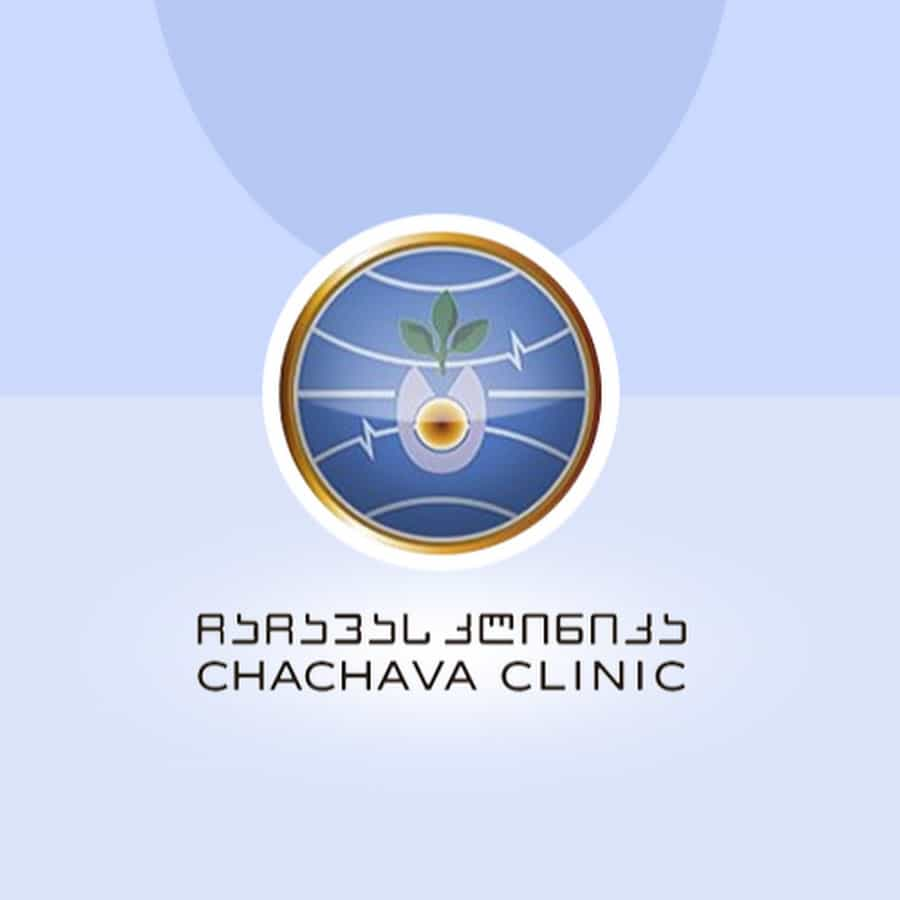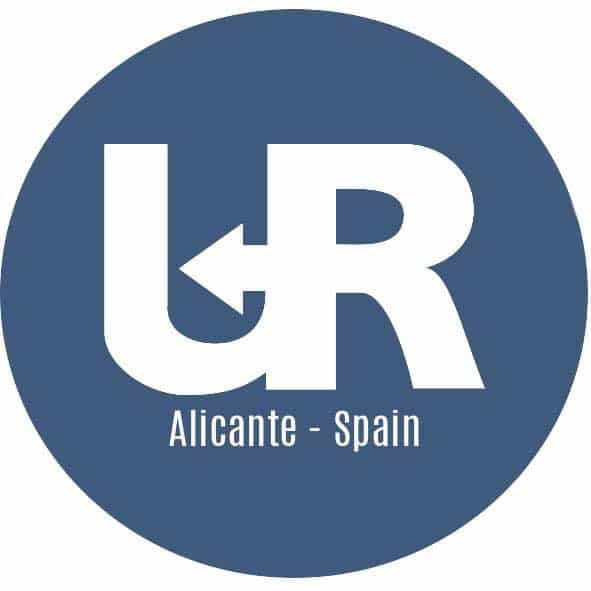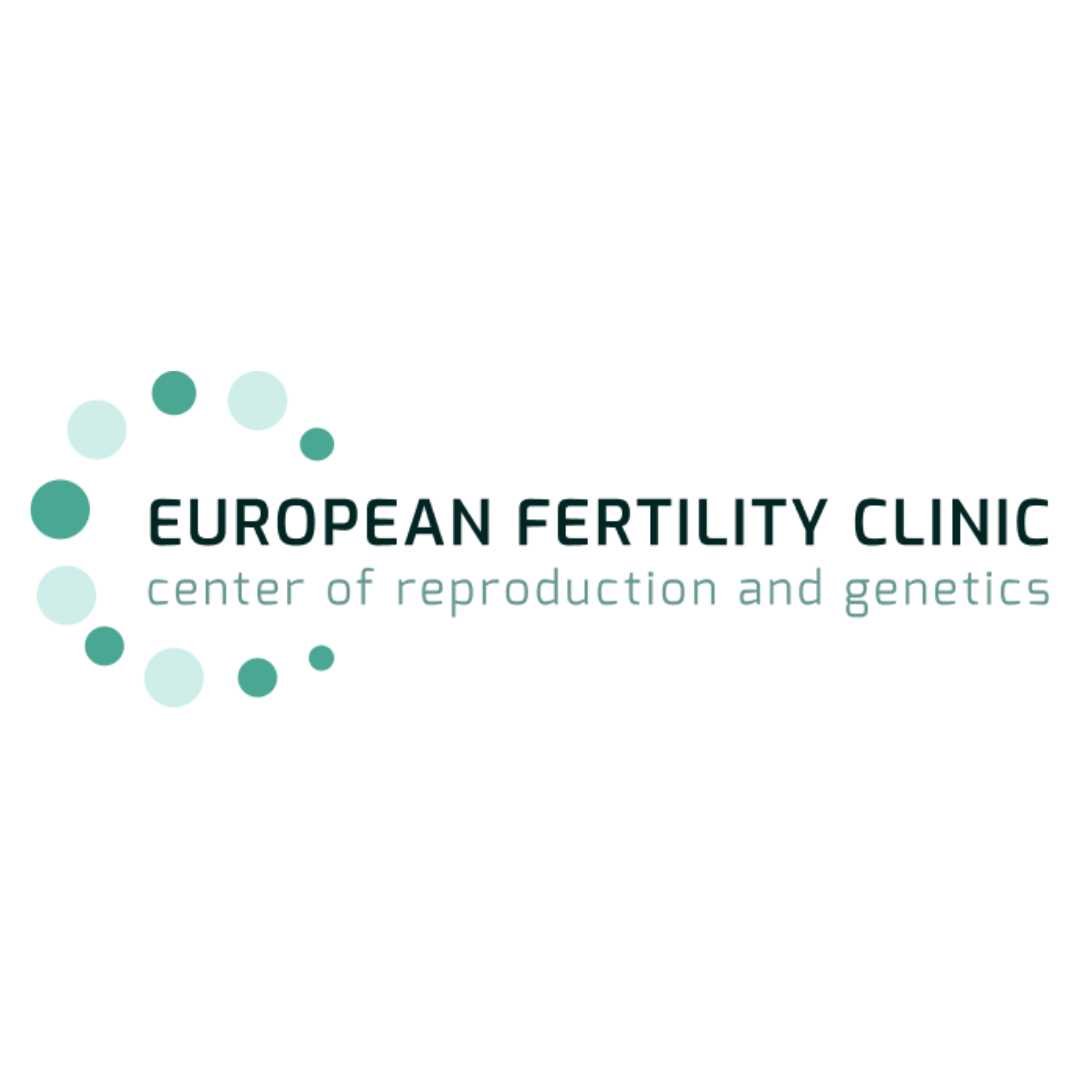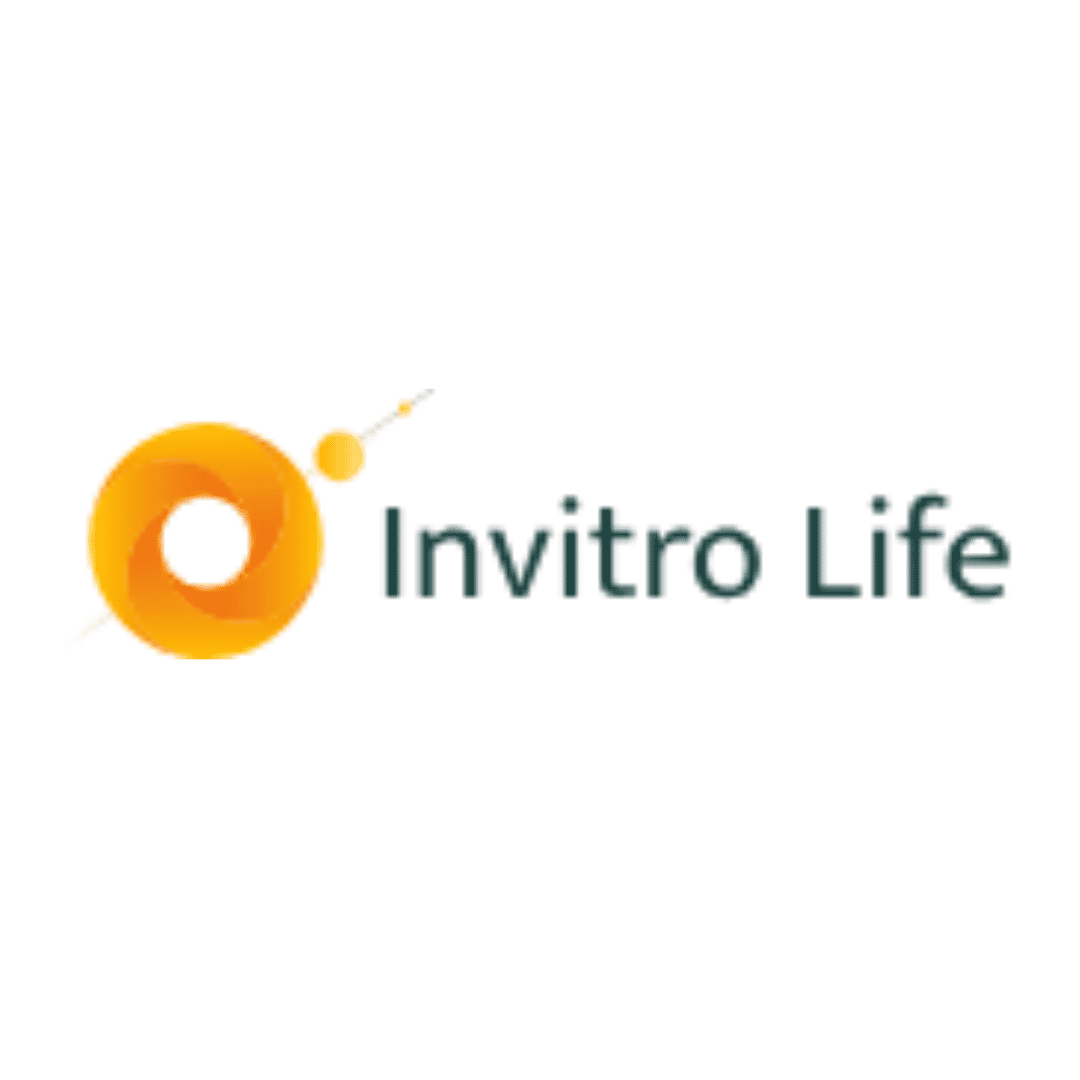Why Consider Egg Donation in Georgia?
Deciding to become an egg donor is a profound act of kindness, offering the incredible gift of parenthood to individuals and couples who might not otherwise have the chance. The country of Georgia has become a well-regarded destination for fertility treatments, including egg donation, thanks to its clear legislation, high medical standards, and experienced specialists. If you're considering egg donation in Georgia, you're likely filled with questions about the process, the legalities, and what it means for you both now and in the future. It’s a journey that requires commitment, and being thoroughly informed is the first and most important step.
This guide is designed to walk you through everything you wish you knew. We'll cover the entire process, from the initial application and screening to the medical procedures and recovery. We’ll also dive into the legal protections in place for donors, the compensation you can expect, and the emotional considerations of this unique experience. Our aim is to provide clear, comprehensive answers to empower you with the knowledge needed to make a confident and informed decision.
What are the Legal Requirements for Egg Donation in Georgia?
The legal framework for egg donation in Georgia is one of the most straightforward and favorable in the world for both donors and intended parents. The country's "Law on Health Protection" clearly regulates assisted reproductive technologies. A key aspect of this law is that it severs all legal ties between the donor and the offspring. Once you sign the legal consent forms, the intended parents are recognized as the child's legal parents from the moment of conception.
This provides crucial protection and peace of mind. You will be required to sign a detailed legal contract, often with independent legal counsel, that outlines your rights, responsibilities (which are limited to completing the donation cycle), and compensation. This contract ensures that all parties have a clear understanding and that your altruistic act is legally protected.
How Much Compensation Do Egg Donors Receive in Georgia?
The financial component of egg donation is not payment for the eggs themselves but rather compensation for the significant commitment the process requires. This includes attending numerous appointments, undergoing medical procedures, and taking injectable medications. The compensation acknowledges the physical and time-related demands of the donation cycle.
The exact amount can vary based on the clinic or agency and may sometimes be higher for experienced donors or those with specific in-demand characteristics. This compensation is separate from the coverage of all your medical expenses, including screenings, medications, and the retrieval procedure, which are paid for directly by the intended parents or the clinic.
Am I Eligible to Be an Egg Donor in Georgia?
Clinics in Georgia follow strict guidelines to ensure the health and safety of both the donor and the potential child. The eligibility criteria are designed to maximize the chances of a successful pregnancy and a healthy baby. Key requirements typically include:
- Age: Generally between 18 and 32. This is the age range when eggs are considered to be of the highest quality.
- Health: You must be in good physical and psychological health.
- BMI: A healthy Body Mass Index (BMI), usually between 19 and 29, is required.
- Lifestyle: You must be a non-smoker and not use recreational drugs.
- Genetic History: You cannot have any known inheritable genetic conditions in your immediate family.
- Ovarian Reserve: A blood test (AMH) and ultrasound will be done to confirm you have a good number of eggs.
What Medical and Psychological Screenings Are Involved?
Once you pass the initial application, you will undergo a thorough screening process. This is to ensure you are a suitable candidate and fully understand the implications of donation. The screening includes:
- Medical Examination: A physical exam, pelvic ultrasound, and blood tests to check hormone levels and overall health.
- Infectious Disease Screening: Standard tests for HIV, hepatitis B and C, syphilis, and other sexually transmitted infections.
- Genetic Screening: A blood test to screen for carrier status for common genetic diseases like cystic fibrosis or spinal muscular atrophy.
- Psychological Evaluation: A consultation with a psychologist to discuss your motivations, ensure you understand the process, and confirm you are emotionally prepared for the commitment.
Are There Any Risks or Side Effects to Donating Eggs?
The hormone medications used to stimulate your ovaries can cause temporary side effects like bloating, breast tenderness, mood swings, and mild cramping. These symptoms typically resolve after the egg retrieval.
The most serious potential complication is Ovarian Hyperstimulation Syndrome (OHSS), where the ovaries over-respond to the medication. However, fertility doctors are highly experienced in managing medication protocols and will monitor you closely with ultrasounds and blood tests to minimize this risk. Severe OHSS is very rare. The egg retrieval itself is a minimally invasive procedure with very low risks, such as bleeding or infection.
Will Donating Eggs Affect My Future Fertility?
This is one of the most common concerns, and it's important to understand the biology. Every month, your body recruits a group of eggs, but only one typically matures and is ovulated. The rest are naturally lost. The fertility medications used in egg donation simply allow that entire group of eggs to mature at once. You are not "using up" future eggs or harming your ability to have children later on. Numerous studies have shown no link between egg donation and future infertility.
Is Egg Donation in Georgia Anonymous?
Anonymity is a cornerstone of the egg donation process in Georgia. The intended parents will be able to see your non-identifying profile, which includes information about your physical characteristics, education, interests, and medical history, but it will not contain your name, address, or photos. This legal protection ensures privacy for all parties involved. The child born from the donation will not have the legal right to seek out your identity in the future.
Are you considering helping a family in need? To learn more about fertility solutions and connect with trusted clinics worldwide, explore your options with PlacidWay.





.png)




.png)
.png)
.png)
.png)





Share this listing